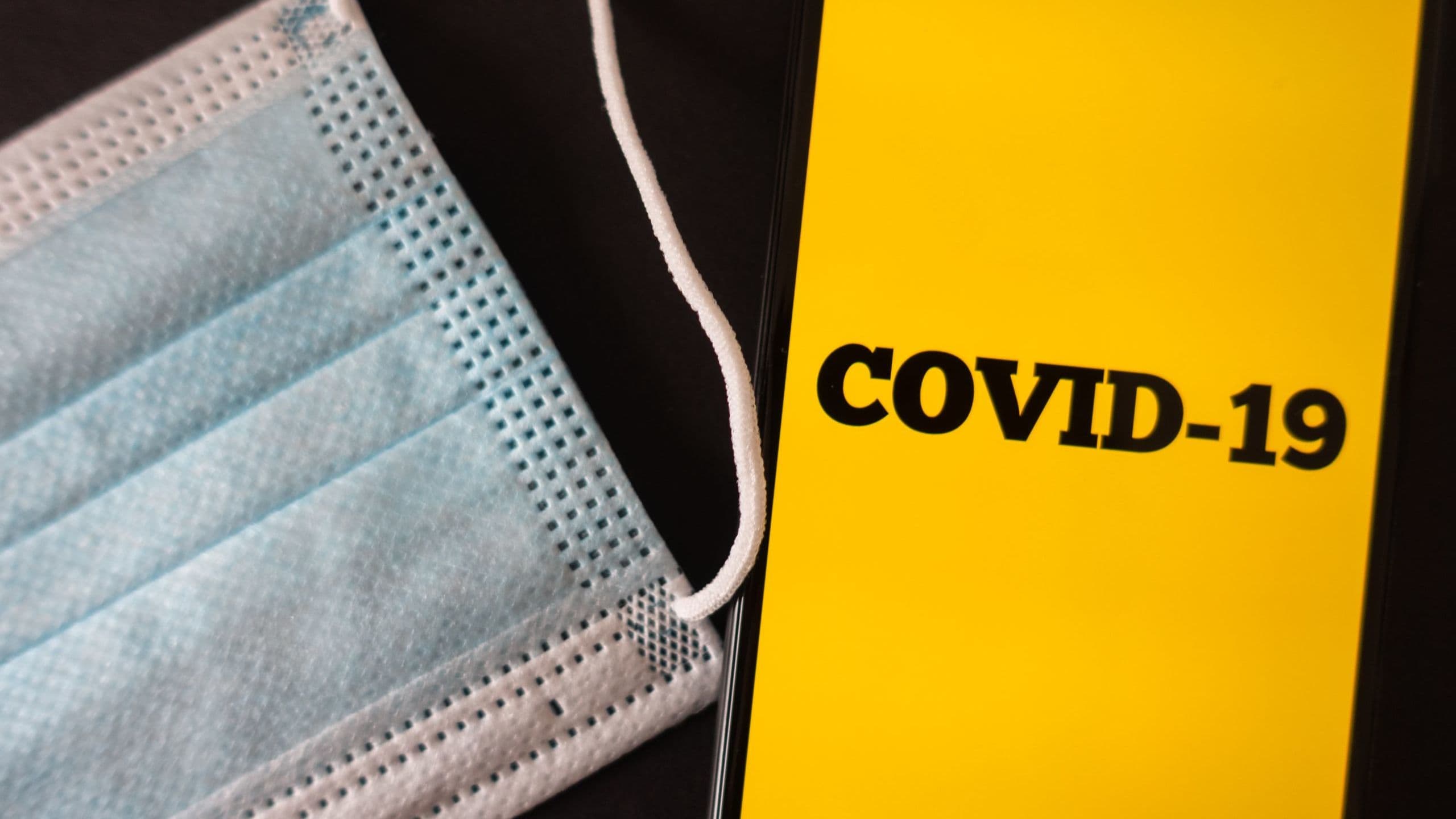Last updated on October 7, 2021
Provincial and federal governments will need to do more to convince Canadians to share personal data and participate in digital contact tracing
Data from Caddle’s latest survey of our 10,000 member daily panel shows that 35% of Canadians are completely unfamiliar with contact tracing, while less then half feel it is ethical — even during a pandemic.
This will become increasingly significant in the weeks ahead as governments explore the possibility of digital contract tracing services.
Two weeks ago, Alberta became the first province to introduce a voluntary contact tracing app. The service uses bluetooth technology to trace people who may have been exposed to COVID-19.
However less than 40% of people trust organizations to protect their data and, perhaps surprisingly, almost one in five feel contact tracing has had a negative effect on the world.
The good news is that the more Canadians know about contact tracing, the better they feel about it.
How familiar are we with contact tracing?
Overall, about 65% of Canadians declared some degree of familiarity with contact tracing.

With its use of mobile technology, you would be forgiven for thinking younger Canadians would be most familiar with the concept.
In fact, Gen Z Canadians are the group least familiar with contact tracing with 39% saying they were aware of it. Meanwhile residents of Quebec, the province with the highest number of cases in Canada, has highest proportion of people unfamiliar with it.
Any knowledge gap matters, because people’s attitudes are shaped by how much they know.
Is contact tracing ethical?
Overall, panel members were undecided on the ethics of contact tracing (44%), although a higher proportion see it as ethical (39%) than unethical (16%).

However, simply filtering out respondents without any familiarity with contact tracing shifts the numbers. More than half of those with any familiarity view contact tracing as ethical, compared to 30% undecided and 18% who see it as unethical.
Is our data safe?
The same picture emerges when it comes to whether Canadians trust that their data is safe.
Those with even a little familiarity with contact tracing are more likely to trust organizations with their data, than distrust.

More than half of those with no familiarity with contact tracing said they were unlikely to trust an organization with their data. When looking at panel members with at least a slight understanding of what contact tracing is, this figure falls to 30%.
Is contact tracing a good thing?
Even if many are still relatively unfamiliar with contact tracing, what is their gut feeling about it? Do people generally perceive it as something that is beneficial?
Given the roll out of apps in countries such as Australia, Singapore, South Korea and the UK as a means to limit the spread of COVID and enable lifting of restrictions, this might seem like a no-brainer. However the results are a little surprising.

While the overall sentiment leans towards positive, nearly 20% of panel members believe contact tracing has had a negative impact on the world.
Even excluding the answers of those who told us they were not at all familiar with the concept, 14.4% of respondents saw it as a negative, suggesting a deeper issue such as privacy concerns affecting the opinion of a small but significant proportion of people.
Main Takeaways
No.1 |
Authorities looking to run digital contact tracing initiatives will need to couple this with a wider education initiative.
No.2 |
There is a clear relationship in the data between familiarity with contact tracing and positive sentiment towards it. Given that Gen Z Canadians are the most unfamiliar with it, this is more nuanced than a cliche about older generations being more resistant to technology.
No.3 |
The education piece needs to be about why it is necessary, how it can help, and the role that it has played elsewhere in the world.
No.4 |
Concerns about privacy and ethics will be hard to placate for all people. But with the right educational campaign, governments could encourage enough take up to make contact tracing services a viable option to limit the spread of COVID-19.
*Disclaimer: all data presented is owned by Caddle and has a Margin of Error of 1% or lower.
Get better business insights, faster, with Caddle.
Want more Caddle Insights? Sign up to our email list!





Leave A Comment